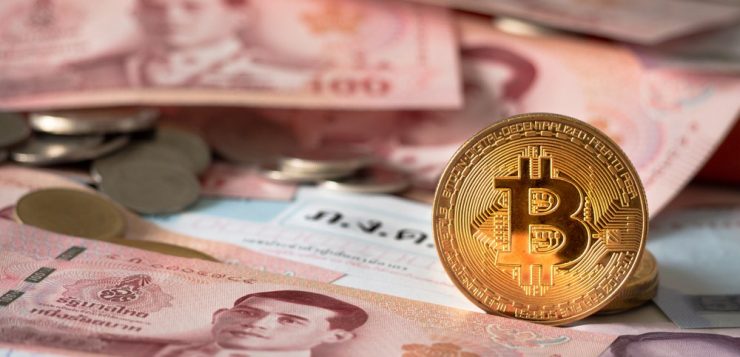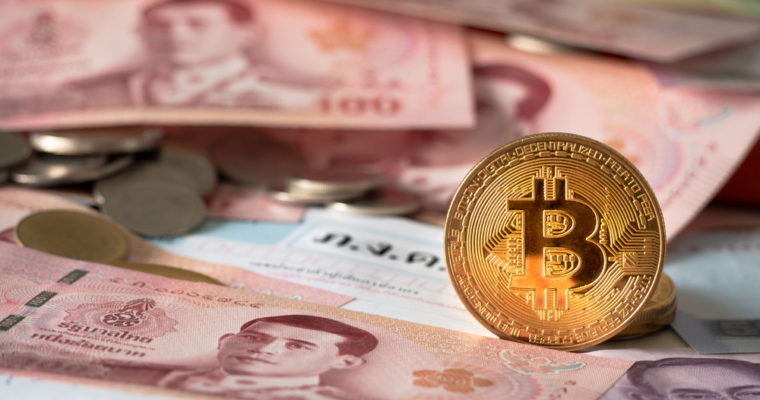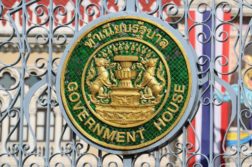Following a new licensing system for the cryptocurrency sector in July, Thailand’s Securities and Exchange Commission (SEC) has fielded nearly two dozen applicants looking to operate domestic cryptocurrency exchanges.
Thailand SEC secretary-general Rapee Sucharitakul has revealed that as many as 20 companies have applied for licenses to operate cryptocurrency exchanges within a month after a new regulatory licensing framework for ICOs and the wider crypto sector came into effect, on July 16.
As reported by the Bangkok Post on Thursday, the senior SEC official confirmed that license approvals are currently “being processed”, adding:
“Many companies interested in opening digital asset exchanges have said digital assets and cryptocurrency trading in the Thai market are quite active.”
As reported previously, Thai authorities pushed a royal decree to fast-track the regulation of the domestic crypto sector that mandates all exchange operators, ICO issuers and brokerages to register with the SEC before commencing operations.
The regulatory framework came into effect less than a month ago on July 16th, wherein the SEC became one of the world’s earliest securities market regulators to recognize cryptocurrencies in fundraising, allowing seven specific coins as payments for ICO users. They are namely Bitcoin, Ethereum, Ripple, Bitcoin Cash, Ethereum Classic, Stellar and Litecoin.
ICO issuers will have to earn licensure through ‘portals’ (companies operating marketplaces) wherein the latter’s management structure and plan of operations will be scrutinized by the regulator. Three of the five ICO portals have already submitted their applications to the SEC.
Notably, Rapee added that the SEC has seen interest from 50 ICO issuers looking to gain licenses to raise funds, five of which are likely to be approved at the present time as reported previously.
The news comes at a time when the primary body representing Thailand’s securities firms are also exploring the possibility of launching a joint cryptocurrency exchange by applying with the SEC, a sign of the growing institutional and retail investor interest in trading cryptocurrencies.
Thailand’s embrace of the cryptocurrency space in a regulated capacity follows developments to its east in the Philippines wherein the country’s central bank approved the accreditation of two new cryptocurrency exchanges in July, raising the total to 5 regulated exchanges in the country presently. Beyond developments in the mainland, a government-controlled economic zone in the northern tip of the Philippines is also issuing 25 crypto exchange licenses within the economic zone.
It all makes for a rising trend among eastern Asian nations that began in Japan last year, wherein the country’s Payment Services Act was revised to recognize cryptocurrency like bitcoin as legal tender. The new legislation has also mandated domestic exchanges to register and earn licensure from Japan’s financial regulator. So far, Japan has licensed sixteen cryptocurrency exchanges to operate domestically.
Bitcoin baht image from Shutterstock.
Follow us on Telegram or subscribe to our newsletter here.
• Join CCN’s crypto community for $9.99 per month, click here.
• Want exclusive analysis and crypto insights from Hacked.com? Click here.
• Open Positions at CCN: Full Time and Part Time Journalists Wanted.








